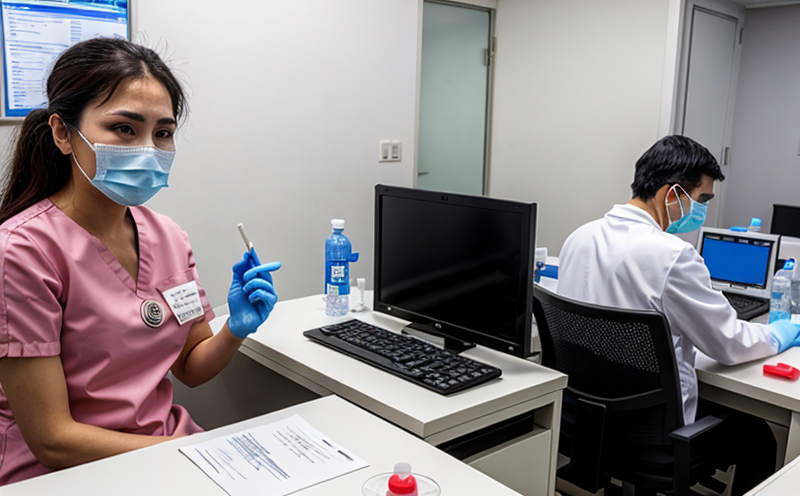West Nile Virus Antibody Testing in Horses
The West Nile virus (WNV) is a flavivirus that has emerged as one of the most significant arboviruses affecting equine populations worldwide. This condition can lead to severe neurological disorders and, in some cases, fatalities among horses. Proper diagnosis through serological testing plays an essential role in understanding the presence, prevalence, and spread of WNV within horse populations.
West Nile virus antibodies can be detected using two primary methods: immunoglobulin M (IgM) and neutralizing antibody tests. The IgM test is used to identify recent infections by detecting early immune responses. Neutralizing antibody tests are employed later in the disease course, assessing long-term immunity or re-infection status.
The testing process involves collecting blood samples from horses suspected of WNV infection. These samples undergo rigorous processing and analysis using specialized equipment tailored for serological testing protocols. It is crucial to ensure that all steps adhere strictly to recommended guidelines to maintain accuracy and reliability in results.
Compliance with international standards ensures consistent quality across laboratories performing these tests globally. According to ISO 15189:2012, proficiency testing is mandatory for any laboratory engaging in diagnostic procedures like those described here. Participation in external quality assurance programs helps maintain high standards of performance and reliability.
Understanding the implications of WNV infection extends beyond mere diagnosis; it also includes effective management strategies aimed at preventing further spread within populations. Regular monitoring via routine testing supports proactive measures taken by veterinarians and animal health authorities to safeguard equine welfare.
Applied Standards
| Standard | Description |
|---|---|
| ISO 15189:2012 | International standard for quality management in medical laboratories, ensuring consistency and accuracy. |
| American Association of Equine Practitioners (AAEP) guidelines | Specific recommendations for diagnostic testing procedures including sample collection techniques and interpretation criteria. |
International Acceptance and Recognition
- The results from WNV antibody tests conducted under ISO 15189:2012 standards are widely accepted across numerous countries, facilitating seamless international collaboration in epidemiological studies.
- American Veterinary Medical Association (AVMA) endorsements highlight the importance of such testing as part of routine health check-ups for horses.
Competitive Advantage and Market Impact
- Adherence to these rigorous standards enhances a laboratory's reputation, attracting more clients seeking reliable services.
- The ability to provide accurate WNV antibody tests contributes significantly towards maintaining public confidence in healthcare practices.





